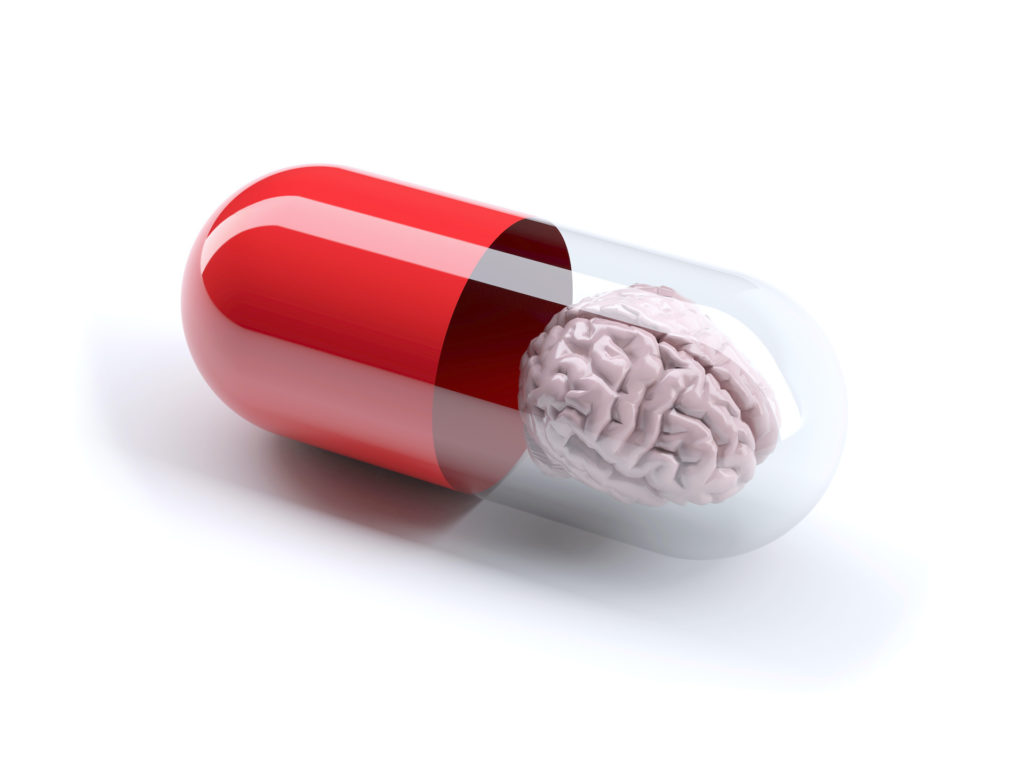Problems & Importance
The US has come a long way since its first medical school, established by physician John Morgan in Philadelphia in 1765. It would, in time, become U-Penn’s School of Medicine. With advanced technology and patient outreach at every level of healthcare, the country faces radically disparate challenges than those in the times of the Founding Fathers.
Health literacy is all about accessing, processing and understanding basic health care information and communication. In our days and with the current domestic societal makeup, this is the true bone of contention. The amount of people facing significant issues to read, comprehend, act upon, and make decisions based on health information available is stunning. This is what Health Literacy Month —founded by health consultant, speaker and author Helen Osborne in 1999— attempts to tackle, promoting the importance of understandable information at every level of the health care system.
In the very words of the Health Literacy Month Handbook: “Finding the Right Words for Better Health.” Scientific research has given continued proof of this challenging barrier. Reasons are varied: for starters, health information is complicated, technically and conceptually; although some health providers are solid communicators, this skill is not shared across the board in the profession; moreover, and maybe most importantly, patients carry substantial baggage, in the form of wide-ranging learning needs when faced with communicating their needs and understanding (and applying) relevant information. Factors like literacy, language, age, disability, culture, context and emotional response have a definitive and far-reaching effect on information processing, which in turn influenced health outcome and cost.
Health Professionals & Centers Tackle the Issue
- Health literacy workshops for the general public and for the employees of the organizing hospitals and similar health care centers.
- Prescription safety sessions are often hosted by senior centers.
- Health literacy fair sponsored by a government-backed literacy program.
- Effective consumer health information in spots like police stations, schools, libraries, health centers, and other such public buildings.
- Health literacy newsletters published by schools and universities.
- Employee wellness and disease prevention educational programs organized and paid for by employers.
- Some states officially observe October as Health Literacy Month.
- Child education sponsorship bootcamps to tackle language and comprehension barriers
- Proclamation of Health Literacy Heroes, whether they are individuals, teams or organizations, with the purpose of rewarding the spread of the health literacy ripple. Heroes may be proposed via the Health Literacy Month website Hero submission form.
Our office prides itself in making sure that patient complaints are well understood and that subsequent instructions are explained thoroughly so that the patient has a comprehensive plan before leaving. Our Newsletter is an effort to disseminate accurate and useful information that triggers discussion at home and in the doctor’s office.
Sources:
https://healthliteracymonth.org/what-is-hl-month/purpose-of-hl-month/


